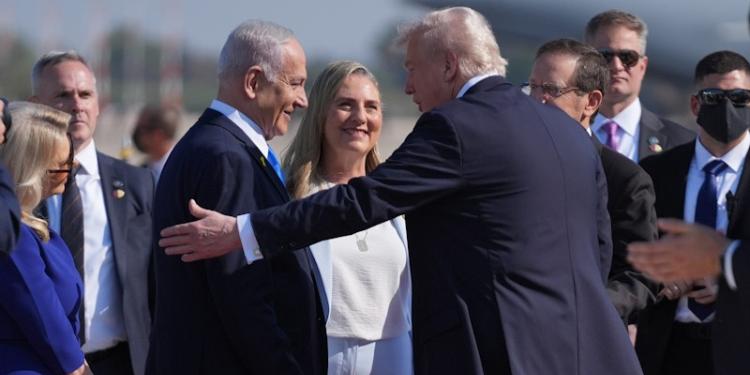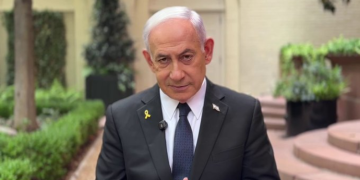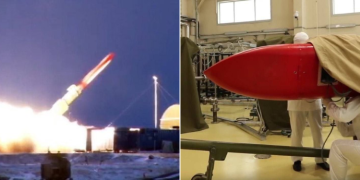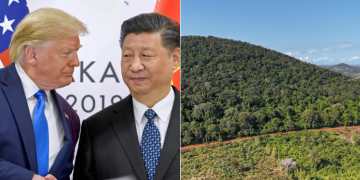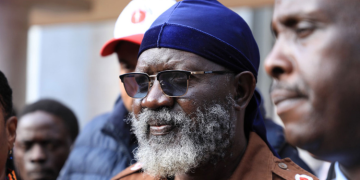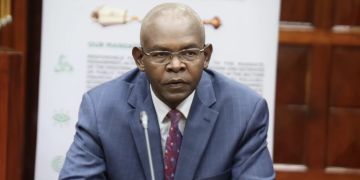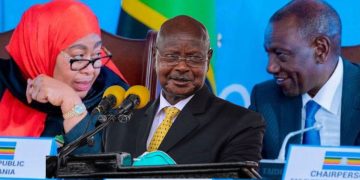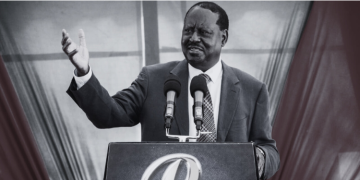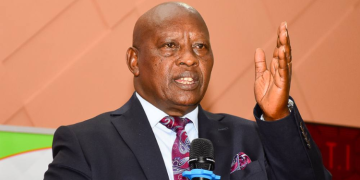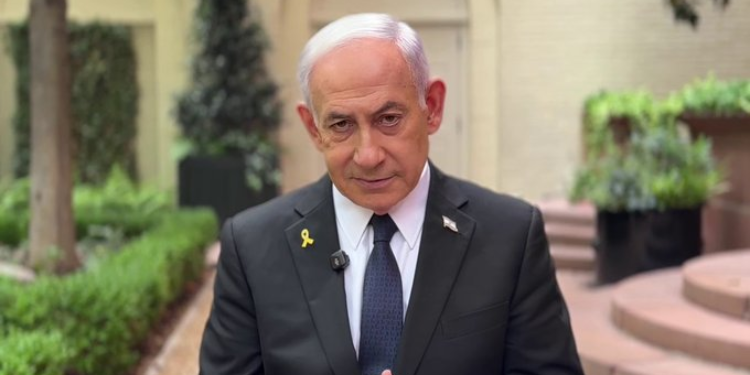Israel Prime Minister Benjamin Netanyahu has reaffirmed Israel’s sovereignty over its national security decisions, saying the country alone will determine which foreign forces to work with.
Netanyahu on Sunday, October 26, said Israel controls its own security and has the right to determine which international forces are unacceptable to it.
“We control our own security and we have made clear to international forces that Israel will decide which forces are unacceptable to us — and that is how we act and will continue to act,” Netanyahu said at the outset of a cabinet meeting.
“This is, of course, accepted by the United States, as its most senior representatives expressed in recent days.”
Netanyahu Declares Israel Will Choose Which Foreign Forces to Work With After Turkish Forces Deployment
This comes after Netanyahu hinted on Wednesday, October 22, at his opposition to any role for Turkish security forces in the Gaza Strip as part of a mission to monitor a U.S.-backed ceasefire with the Palestinian militant group Hamas.
Speaking in Jerusalem alongside visiting U.S. Vice President JD Vance, Netanyahu said they had discussed the “day after” for Gaza, including who could provide security in the territory shattered by two years of war.
Responding to a question about the idea of Turkish security forces in Gaza, Netanyahu said, “I have very strong opinions about that. Want to guess what they are?”
Vance said on Tuesday, October 21, noted that there would be a “constructive role” for Turkey to play but that Washington wouldn’t force anything on Israel when it came to foreign troops “on their soil”.
Once warm relations between NATO member Turkey and Israel have hit new lows during the Gaza war, with Turkish President Tayyip Erdogan sharply criticizing Israel’s attacks on the enclave and other areas in the region.
Also Read: Israel Orders Hamas Forces to Evacuate or Face Strikes
Meanwhile, Syria — which borders both countries — has emerged as an arena of intensifying rivalry.
Turkey, which helped persuade Hamas to accept Trump’s plan, has said it would participate in the international task force to monitor the ceasefire’s implementation and that its armed forces could serve in either a military or civilian capacity as needed.
Hamas has resisted pressure to disarm, saying it is ready to hand over its weapons to a future Palestinian state.
The ceasefire was followed by the release of the remaining living hostages seized during Hamas’ October 7, 2023, attacks on Israel, as well as the freeing of about 2,000 Palestinian prisoners by Israel.
However, the truce remains fragile, with sporadic violence and disputes over the pace of returning hostage bodies, delivering humanitarian aid, and reopening border crossings.
Since the ceasefire, Hamas has reasserted control in Gaza by deploying armed men on the streets and cracking down on groups that have challenged its authority.
Follow our WhatsApp Channel and X Account for real-time news updates.
